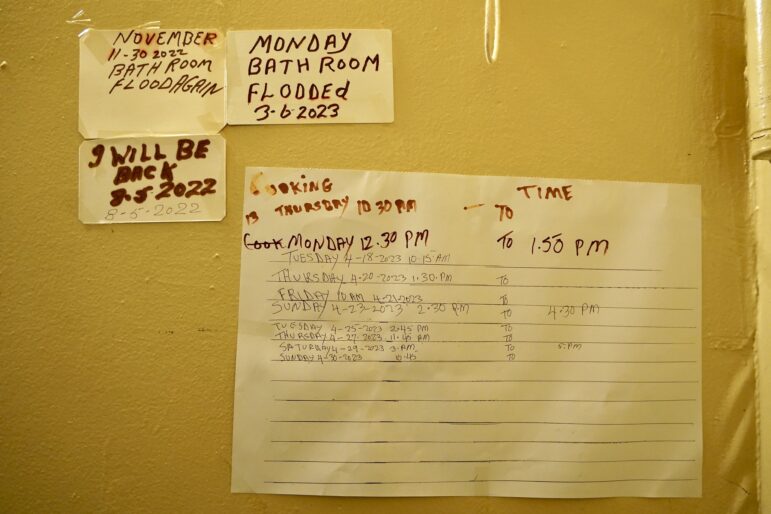
The sprawling ignorance of Gov. Chris Christie’s comments earlier this week about the minimum wage make you wish the New Jersey governor had breakfasted with Mr. White, the gruffly compassionate criminal played by Harvey Keitel in the 1992 Quentin Tarantino film “Reservoir Dogs.”
In that film’s famous diner sequence (which also includes a frank discussion of what Madonna is really laying on us in the lyrics to “Like a Virgin”) Keitel rises to the defense of food-service workers when a fellow thug—Mr. Pink, played by Steve Buscemi—refuses to leave a tip. (The clip is below. Be warned: Bad guys say naughty, naughty things.)
Mr. White’s speech is particularly apropos on this side of the Hudson, where advocates are pushing the state to finally increase the minimum wage paid to tipped workers. While the state’s minimum wage for most workers is increasing to a still-inadequate $9 an hour, the lower wage required to tipped workers is still stuck at $5 for food industry staff and $5.65 for other tipped employees. All told, the tipped category covers some 318,000 workers in the Empire State.
A report out this week by the Community Service Society (full disclosure: they used to own us) found significant links between tipped work and poverty and chronicled a growing gap between the tipped minimum wage and the regular one. It found that one in five tipped workers uses food stamps, that three in four tipped workers are 25 or older and that the vast majority work full time.
A state wage board next meets in mid-November to consider a hike in the tipped wage.
One question, of course, is whether people will continue to tip these workers if their minimum wage rises and the public gets wind of it. Remember that around the Reservoir Dogs table, even the glib Nice Guy Eddie (Chris Penn) and the psychotic Mr. Blonde (Michael Madsen, who later slices a police officer’s ear off and prepares to burn him alive) seem taken aback by Mr. Pink’s callousness. Would they feel as strongly if the waitstaff were better paid under the law?
The answer to that is unclear. But that uncertainty may only reinforce the advocates’ point. As a nascent anti-tipping movement has argued, why should a person’s ability to support their family depend on customers’ whims? Especially when, between you and me, I think one of them might be a cop.








